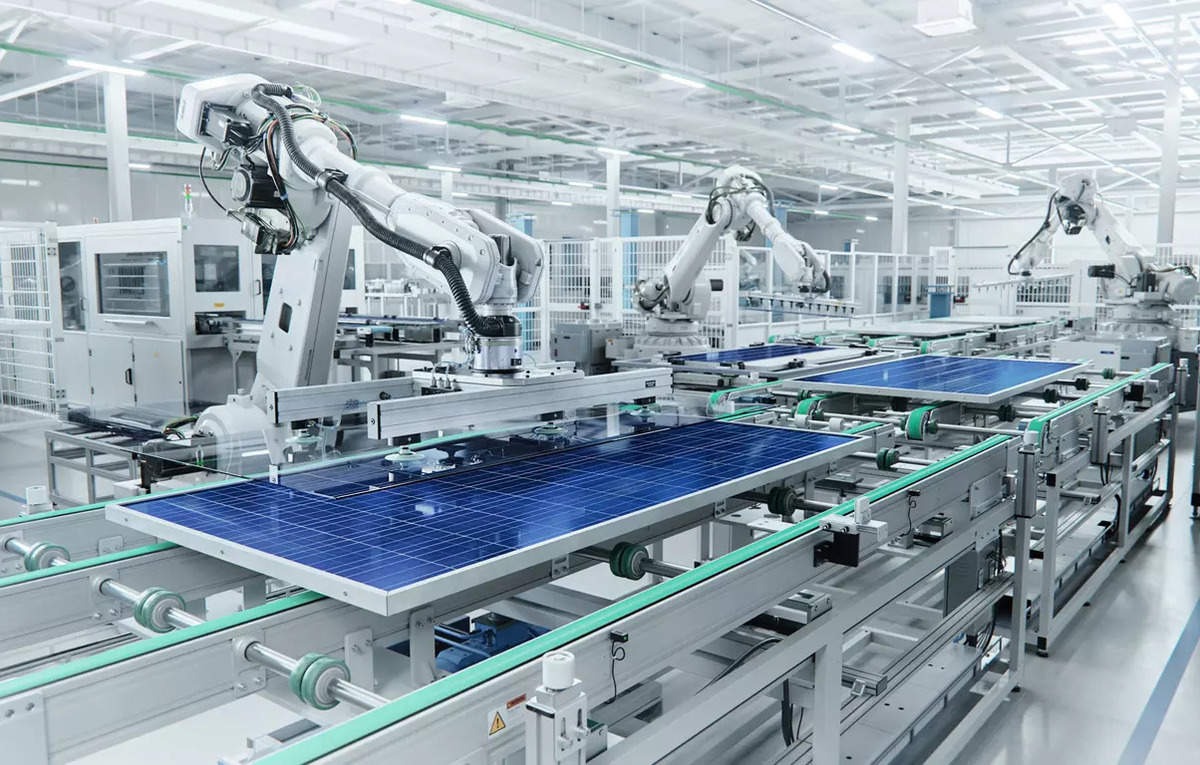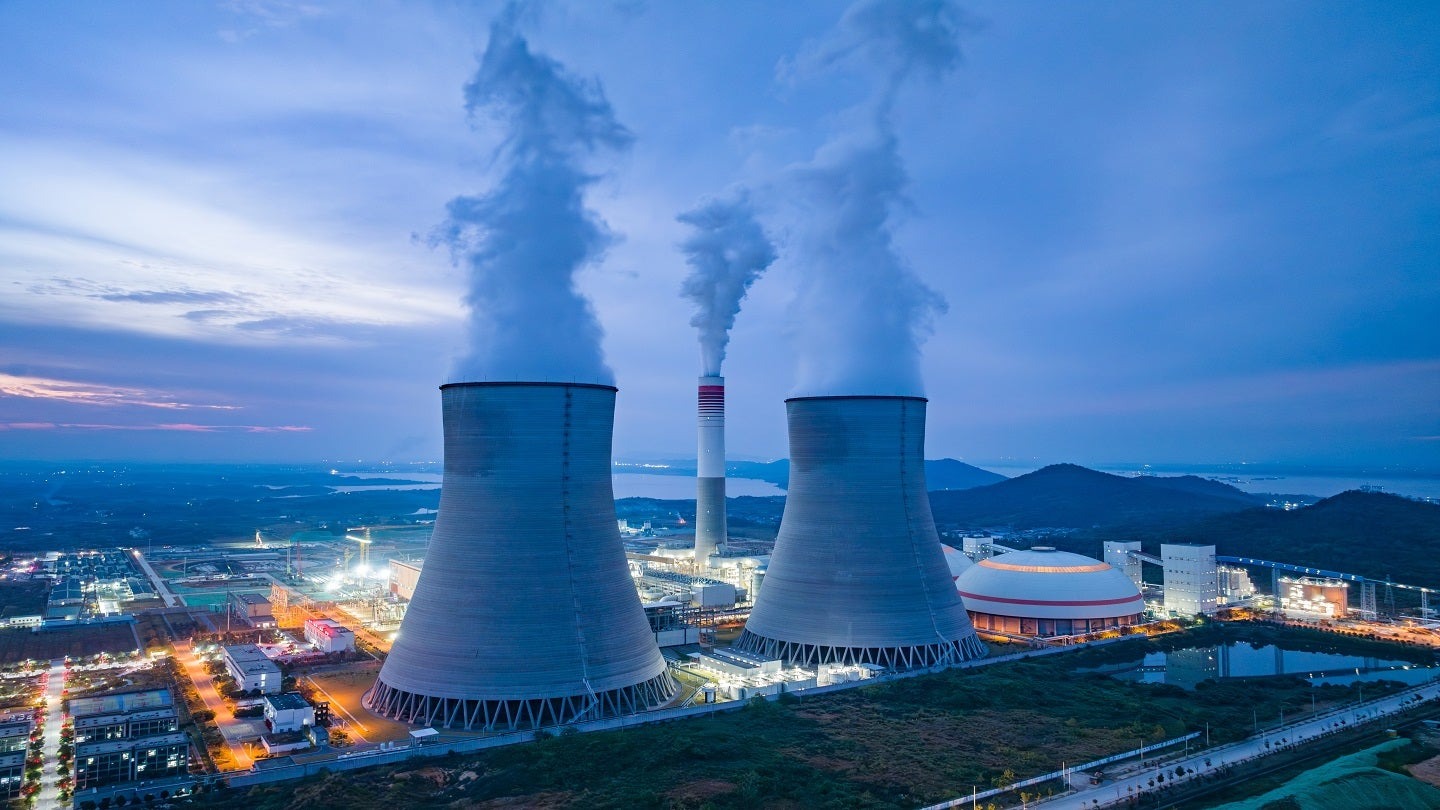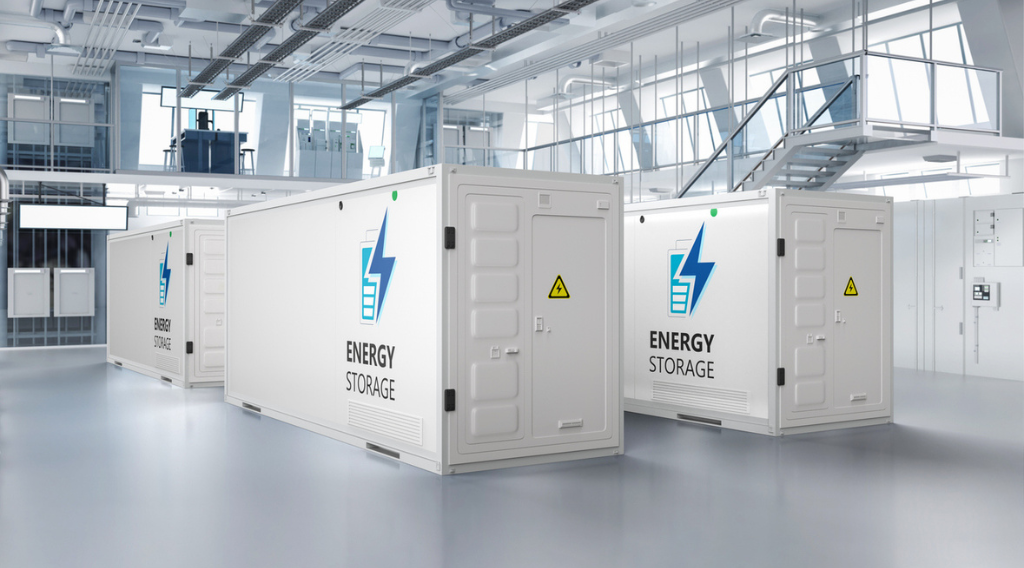Strategic Expansion in Solar Manufacturing
Alpex Solar, a renowned solar module manufacturer based in Greater Noida, has officially announced its expansion plans with a significant investment of Rs. 642 crores to develop a 1.6 GW solar cell manufacturing facility. This development marks a major stride in the company’s growth, complementing its existing portfolio of solar PV modules and aluminum frame production. The new facility will be situated in Kosi Kotwan, Mathura, at a strategic site recently acquired from the Uttar Pradesh Industrial Development Authority (UPSIDA). The expansion underscores Alpex Solar’s commitment to enhancing its integrated solar solutions, which include EPC services and IPP expertise.
Phased Development and Funding Strategy
The construction of the solar cell plant is planned in three phases. The initial phase aims to establish a 500 MW capacity, expected to be operational by October 2025. Subsequent phases will boost the capacity to 1 GW and 1.6 GW, with completions targeted for April 2026 and September 2026, respectively. Alpex Solar plans to finance this ambitious project through a mix of bank facilities, internal accruals, and equity injections. This financial strategy highlights the company’s robust planning in scaling up its manufacturing capabilities to meet the growing demand for solar technology.
Enhanced Capacity and Future Goals
In conjunction with its foray into solar cell production, Alpex Solar is set to double its current solar PV module capacity to 2.4 GW. This increase includes reaching a 1.2 GW capacity by the third quarter of FY2025 and adding an additional 1.2 GW at the new facility. Ashwani Sehgal, Managing Director of Alpex Solar, emphasized the importance of this expansion: “This is the biggest initiative taken by us since our inception and aims to elevate our product offerings to a new orbit.” The company’s forward-looking strategy also aligns with upcoming industry shifts, such as the expansion of the Approved List of Models and Manufacturers (ALMM) to include solar cells from 2026, which is expected to intensify the integration of cell manufacturing across the sector.




